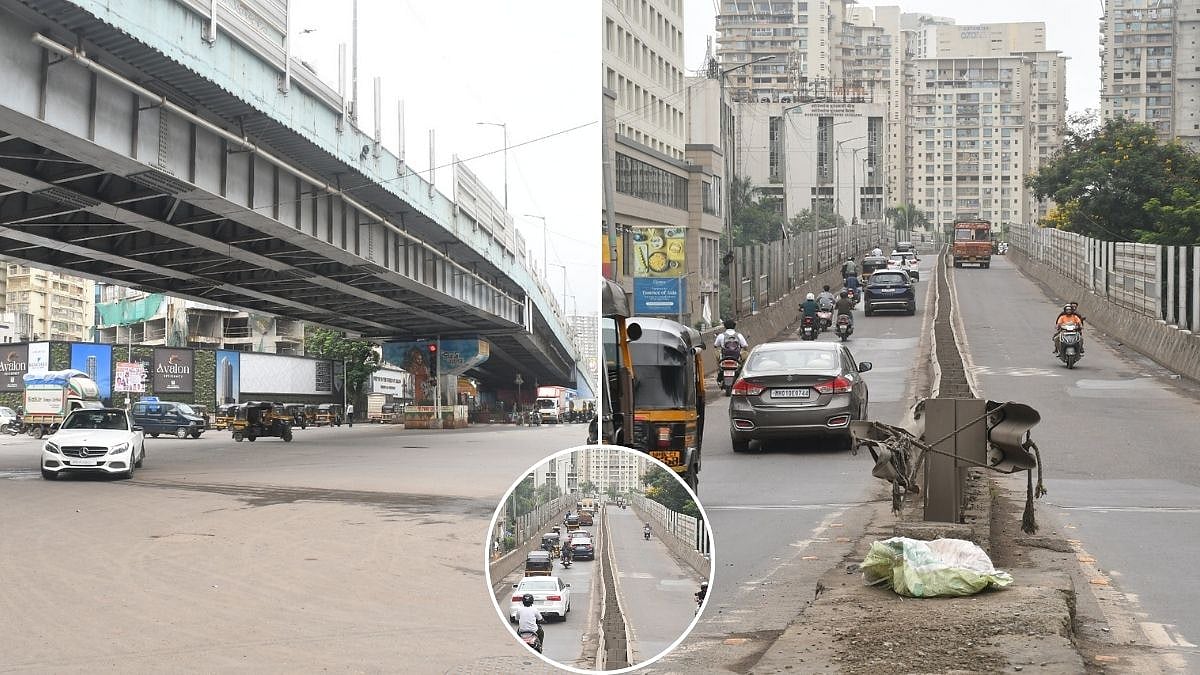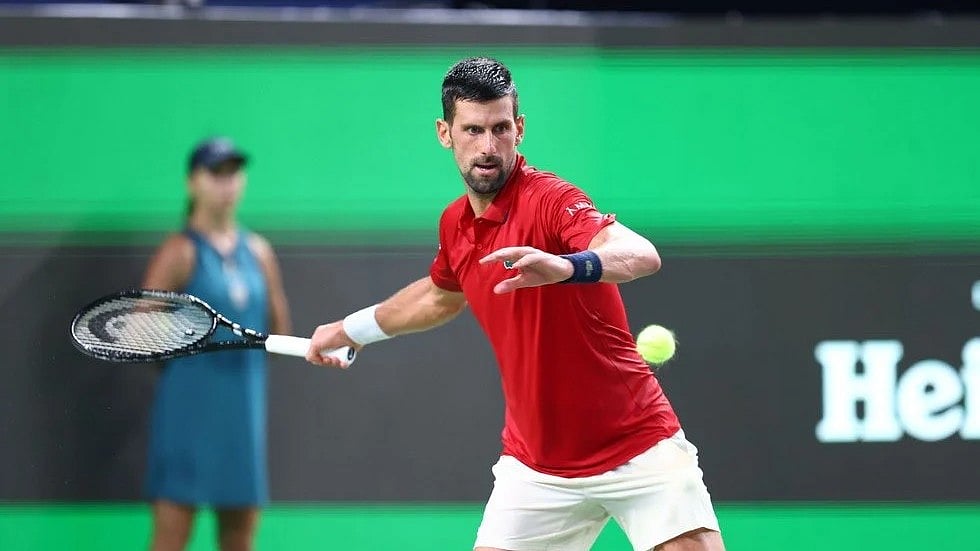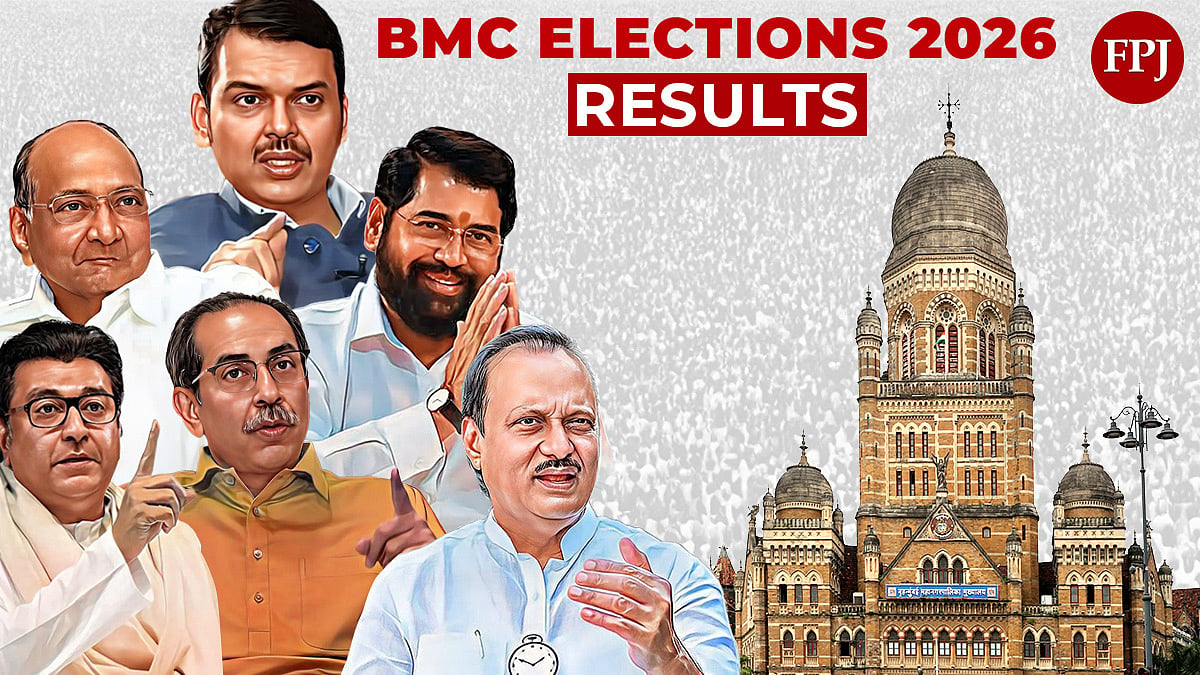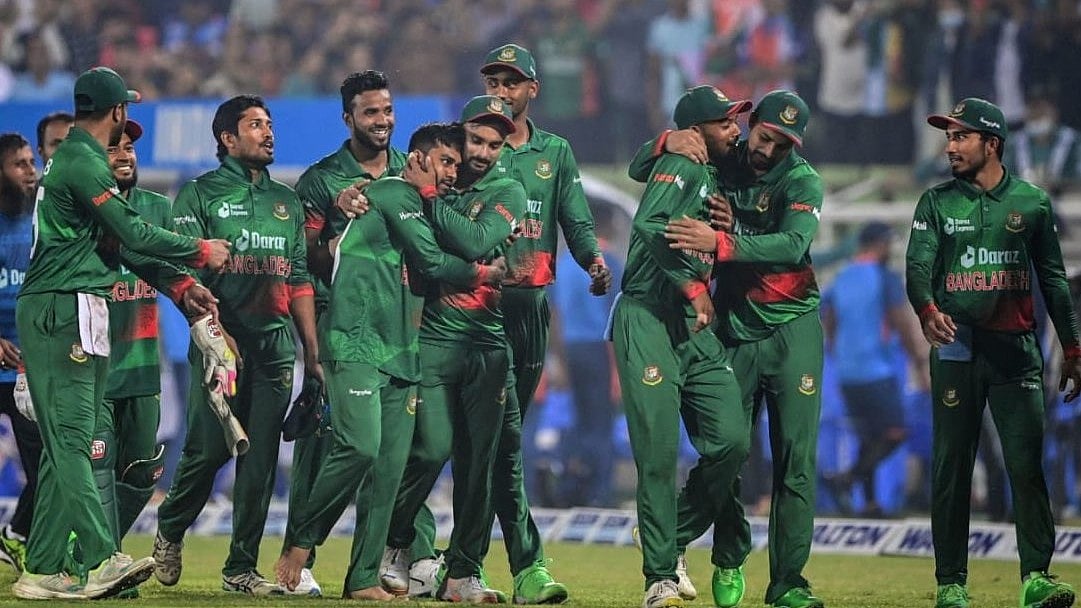One of the mitigating circumstances is the probability of the accused being reformed and rehabilitated. The State is under a duty to procure evidence to establish that there is no possibility of reformation and rehabilitation of the accused: The Supreme Court of India in Mofil Khan and another versus The State of Jharkhand, November 26, 2021.
Coming as it did on the eve of India’s Constitution Day, the observation of the highest court of the land could not have been better timed. It reinforced the majesty of the law of the land without diluting the quality of mercy that is fused with it.
The court made it more than clear that the concept of mercy was closely intertwined with the duty of the State to impose the harshest penalty on those found guilty for a heinous crime. The bench comprising Justices L Nageswara Rao, BR Gavai and BV Nagarathna held that in the absence of any material to show that in awarding the capital punishment the High Court of Jharkhand and a previous bench of the Supreme Court kept this in mind, it was appropriate to commute the sentence to one of 30 years of imprisonment. No can underrate the noble instinct that drove the three judges to opt for the middle path in criminal justice which blended justice with kindness.
This commendable approach to penology enhances the reputation of India’s Supreme Court for its poise and maturity. That too in these tumultuous Covid-19 moments when all authorities, both judicial and non-judicial, had lost a little of their equipoise, this judgement is undoubtedly bound to attract courts’ attention in all civilised nations.
It is, however, a matter of regret that in our country this sagacious judicial order has not received the kind of media attention it richly deserved. This is a sad reflection on our excessive preoccupation with punishment to the wrongdoer, without a moment of introspection on what could be done to pull him out of the quagmire he had wittingly or unwittingly gotten into.
Everyone in society bays for the blood of the wrongdoer as if all of us are saints. The vindictiveness of public opinion is growing to staggering proportions. There is little appreciation of the truth that more severe penalties do not bring down the crime rates.
Many homicides are impulsive rather than acts of deliberate violence. In the instant case the two accused were sentenced to death for the brutal and premeditated murder of eight people, who included children and a person with disability. Both the Jharkhand High Court (2007) and the Supreme Court (2014) upheld the death sentence imposed by the lower court. We know that the easiest path which any judicial authority would normally take in all such cases is to quote the famous ‘rarest of rare case’ formula established in Bachan Singh vs State of Punjab (1980) by the Supreme Court. I suppose this principle weighed heavily in the minds of the judges concerned in the Khan's case also, which, incidentally, came up before the SC for the second time in the form of a review petition by the two accused.
Those familiar with judicial processes know that such review petitions are seldom successful. The time allotted to them by the judges is too short for the introduction of a new point, what to speak of its discussion. One cannot, however, take exception to the apparent superficiality of attention given to revision petitions, given the enormous workload cast on the court.
The Supreme Court order in Khan's case was unique in the sense that the three judges laid down -- perhaps for the first time in judicial history -- that the courts should go on record that they had considered the prospect of reformation of the guilty before awarding or upholding the extreme penalty. This is a shot in the arm for those (including myself) opposed to the death penalty.
Several eminent minds have gone into this contentious issue. In my view and the perception of several jurists, capital punishment is violative of the principles of natural justice. It is relevant that in a number of cases (particularly in the US), palpable errors had been made subsequent to DNA tests on prisoners on the death row. There is a famous saying that let hundred guilty get away from the gallows, but let us not execute even a single innocent person arraigned by law.
The Supreme Court order in Khan's case is bound to be criticised by many sections of the society. Not surprisingly though. We are living in appallingly dangerous times marked by high crime, provoked mostly by greed, inequality and poverty. This has led to unacceptable levels of violent crimes. Many offences go either unreported or uninvestigated. There was a time, while cutting my teeth in raw policing, I genuinely believed that routine crime could be suppressed by the police and that murders on the police ledgers were an accurate number. I no longer think so. Official statistics notoriously distort the truth.
Homicides have been on the increase or are unconscionably high in two of the world's largest democracies. According to the FBI's Uniform Crime Report, murders (nearly 30,000) in 2020 registered a 30% increase over the previous year. India registered a less than 2% increase, although, viewed in isolation 29,000 murders are not an insignificant number. The substantially greater use of guns in the US murders, however, makes a qualitative difference between the situations in the two countries. How long will guns remain off our streets is anybody's guess.
The point is, less severe punishment to offenders does not necessarily mean a greater license to those prone to crime. This is why I feel that those who are clamouring for a more severe penal system are not right. A hardened and vengeful individual will still commit a crime and will not be cowed down by a tough criminal code. This is why I laud the Supreme Court for its imaginative commuting of the sentence imposed on Khan. I strongly believe that many more judges will be inclined to emulate this act of compassion.









